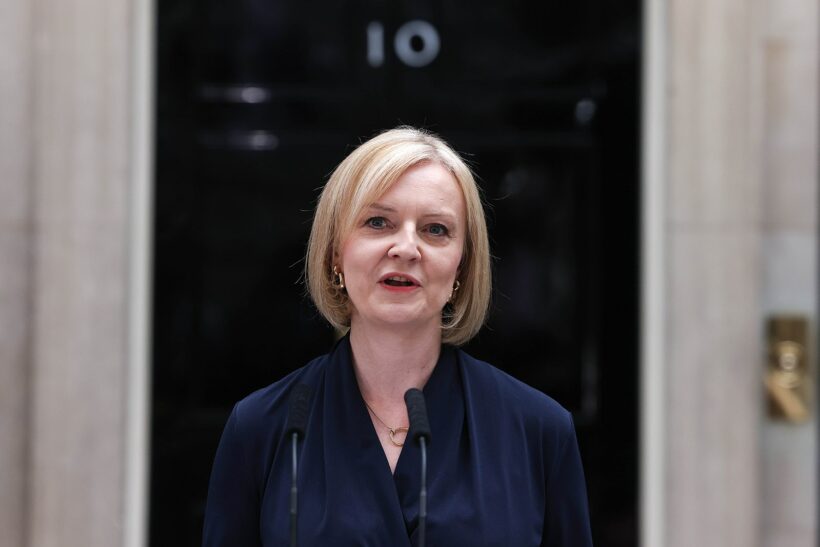On 20 October, Liz Truss announced her resignation as prime minister. In a brief statement outside 10 Downing Street, she conceded that she could not “deliver the mandate on which [she] was elected by the Conservative Party.” Her 45-day-long premiership now registers as the shortest in British political history.
Two events appear to have been the final catalysts for her resignation: firstly, a 40-strong Tory contingent rebelled over a fracking vote, which apparently led to a physical altercation between MPs. Secondly, home secretary Suella Braverman resigned on the same day over a “technical infringement” in which she improperly used her personal email. However, Braverman’s denouncement of “the direction of this government” was testament to the way in which both events reflected deeper grievances over the Conservative’s present situation.
There is currently a great deal of ambiguity surrounding Britain’s political future. A variety of familiar names have been suggested as potential successors. Rishi Sunak and Penny Mordaunt are two of the most notable candidates. The most remarkable, however, is Boris Johnson; major news outlets are reporting that the ex-PM is seriously considering a comeback. The feasibility of this is yet to be seen.
The opposition is arguing that yet another leadership change is undemocratic. Key figures have been well-received on social media when calling for a general election. Alastair Campbell has even encouraged people to take to the streets to make this demand. For even if Truss is now gone, the reputational damage she caused to her party is likely to long outlive her.






